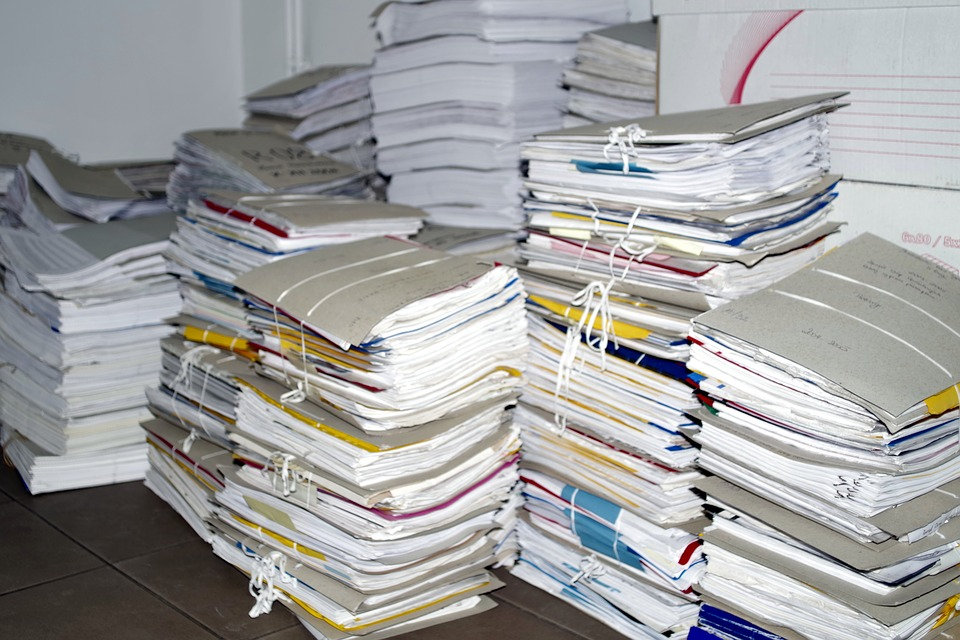The US Classifies Too Many Documents, Says A Government Expert
Oona Hathaway, a law professor at Yale University, says that the rate at which the United States classifies documents is too high to keep up with, citing that approximately 50 million documents are classified each year.
This article is more than 2 years old

For several months the United States has been dealing with classified documents found in places they shouldn’t be. Donald Trump had a large volume stored at his Florida estate. And President Joe Biden accidentally took some to his home office. While these cases are circumstantially different, they have renewed scrutiny on the handling of top-secret information.
Now, some are wondering if the United States simply classifies way too much information. Speaking to NPR, Law Professor at Yale University and Former Special Counsel at the Pentagon, Oona Hathaway said the rate at which classified documents are created makes it difficult for the government to be held accountable.
“There’s somewhere in the order of over 50 million classified documents every year,” she told the publication. “We don’t know the exact number because even the government can’t keep track of it all,” Hathaway added. The biggest problem secrecy creates is the lack of transparency. Classification makes it very difficult for the American people to know what their government is doing.
Classified documents also create problems for reporters as they risk being prosecuted for gaining access to this information. They may even find themselves in violation of the Espionage Act. Unfortunately, these issues have been around for decades. There have also been numerous efforts to find solutions, with President Clinton attempting to limit the use of classification.
President Obama also tried to encourage declassification by creating a center whose job was supposed to be to encourage the practice. But that didn’t really work out. Since then, data suggests that the number of classified documents has increased with each Presidency. A deeper look into the reasoning behind the trend is personal accountability.
If a government employee decides to classify something that doesn’t really require the label, the ramifications are non-existent. But if specific sensitive information fails to hold the classified documents stamp, staffers could find themselves in a lot of trouble. That’s a huge incentive to classify as much information as possible, which leads to overclassification.
A potential solution to the classified documents problem, according to Hathaway, is to declassify some records after 10 years. The current policy only does this after 25 years. “In my experience, the things that are likely to damage national security are about current programs, current events, planned missions,” she told NPR. “But after ten years, that’s much less likely.”
Therefore, there’s not as much justification for the U.S government to continue to keep that information under the classified documents label. Hathaway added that there should be systems in place to encourage individuals to seriously consider the necessity of high classification markings. “We have technology that can help with these decisions, and we really should be using it,” Hathaway explained.
As such, the United States government should be aggressively focused on declassifying old information. Especially since millions of new classified documents are created every year. Hathaway said the government could be doing much more when it comes to actually sorting dated information that no longer needs to be kept classified.





